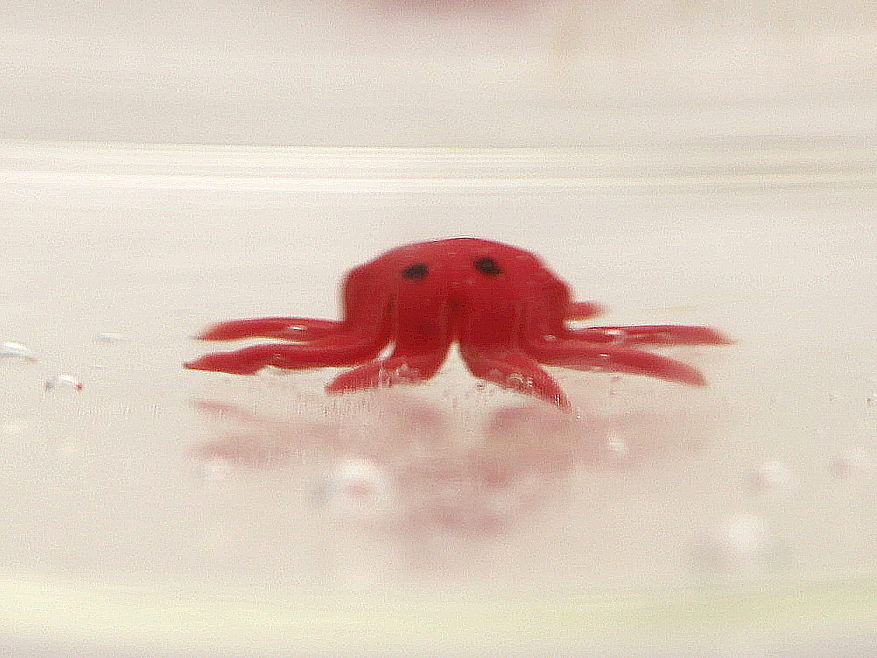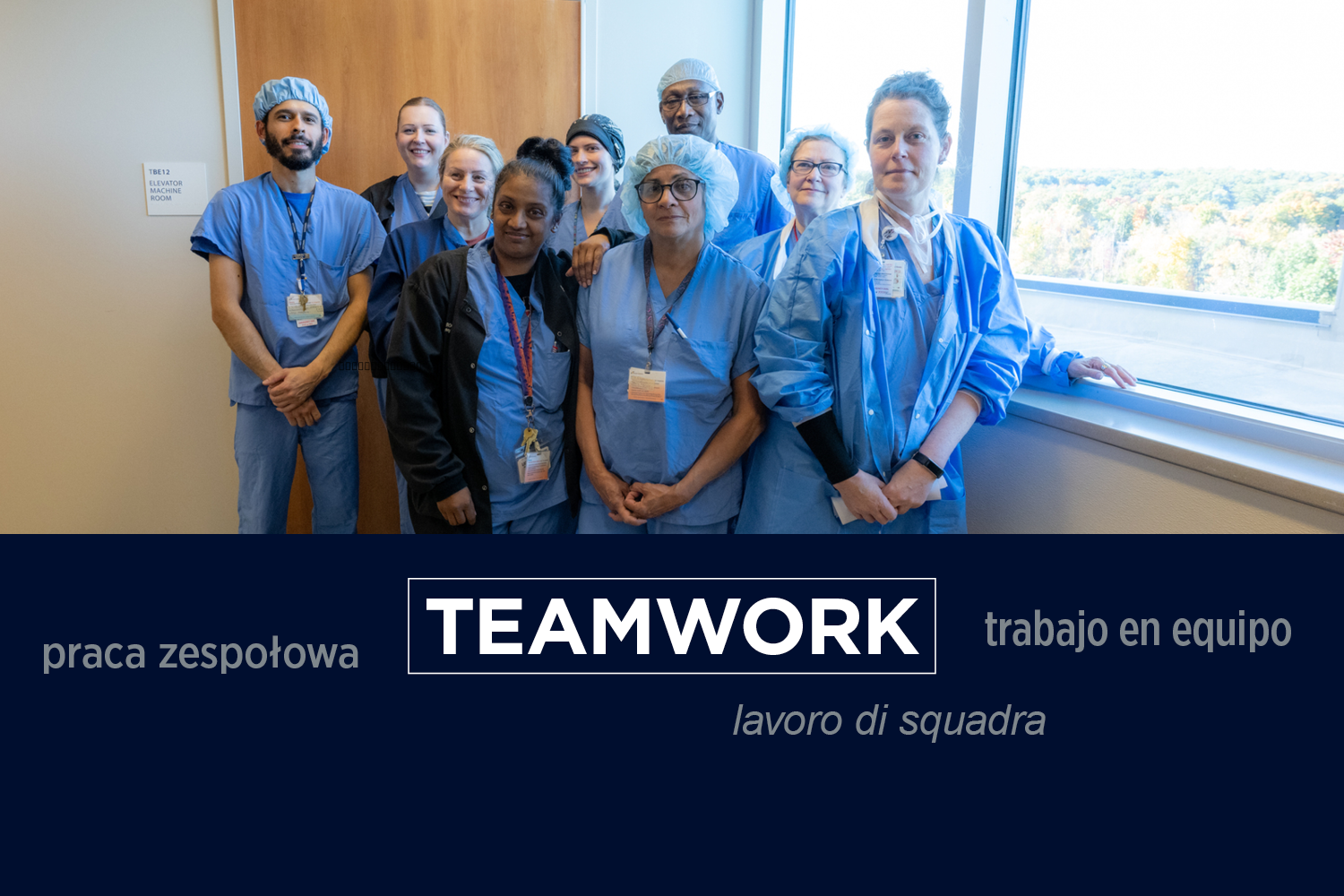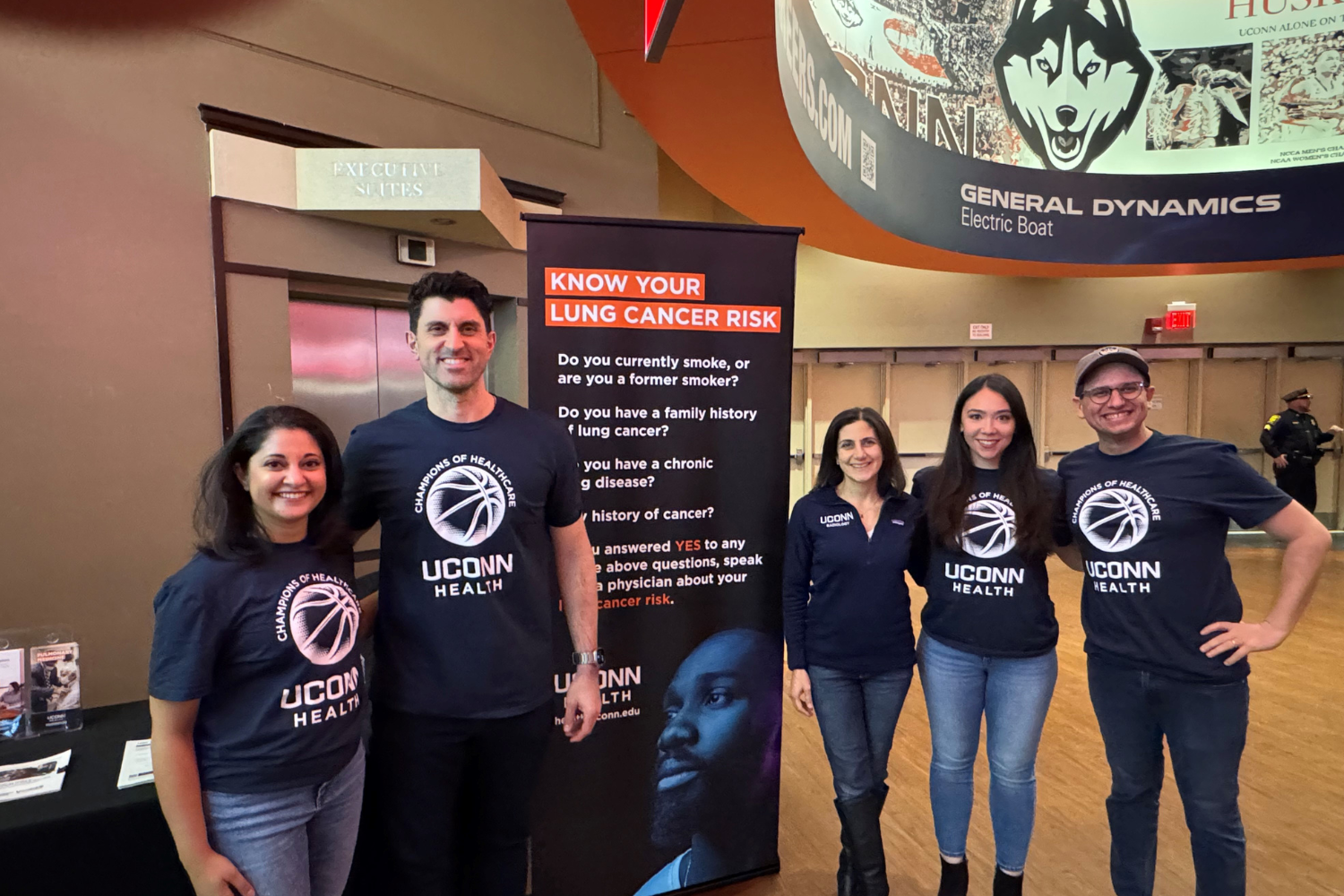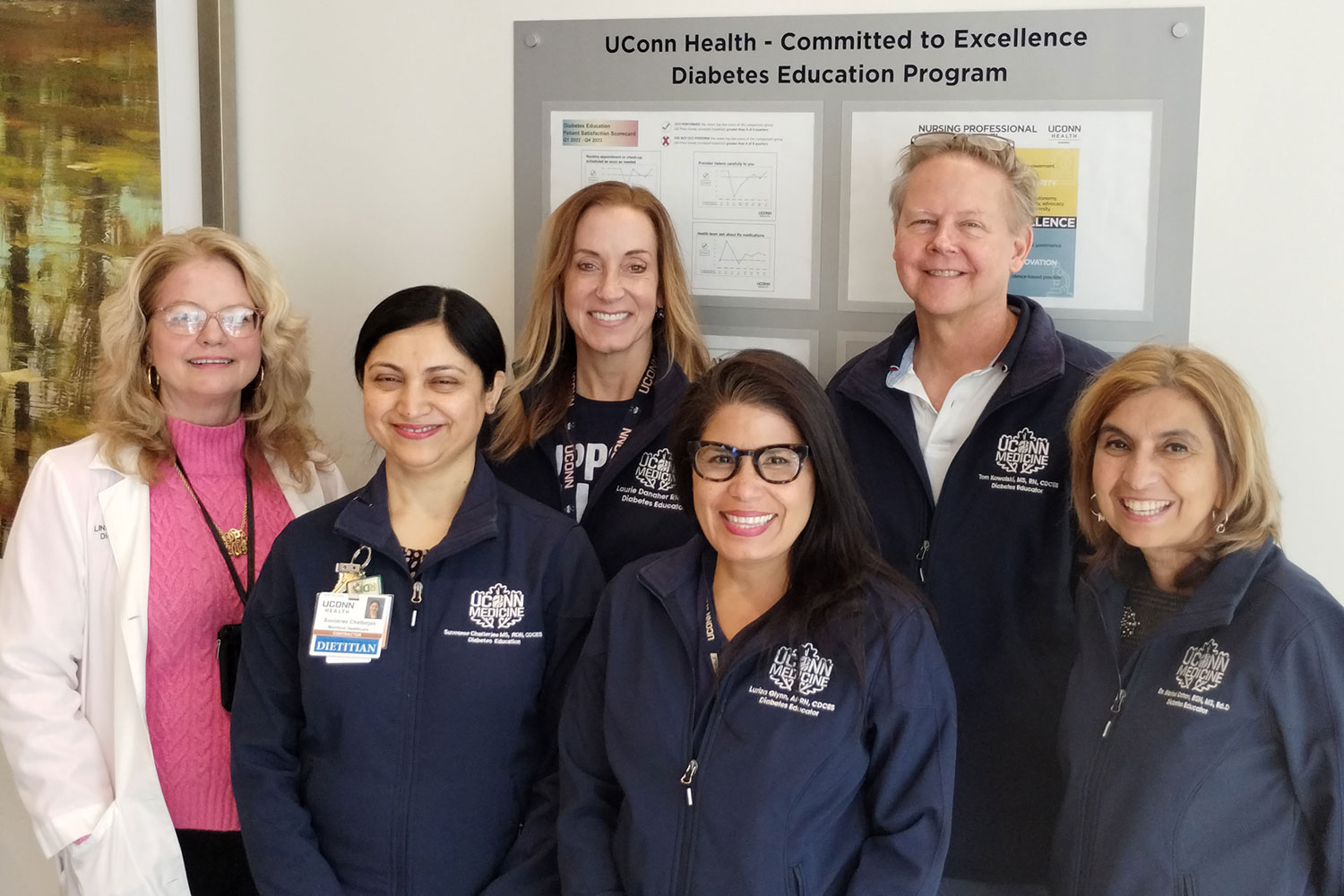A UConn Assistant Professor of Materials Science and Engineering has received a 2024 Young Investigator Program (YIP) Award from the Office of Naval Research (ONR).
Xueju “Sophie” Wang is one of 24 awardees representing 20 institutions in 16 states who will share nearly $18 million in funding to conduct innovative scientific research benefitting science and technology for the Department of the Navy.

Wang will receive $750,000 for her project: “a soft intelligent robot for self-digging, multi-modal sensing, and in situ marine sediment analysis.” The proposed robot - an octopus-shaped device – will have pliable arms equipped with multimodal flexible electronic sensors able to elongate and dig into ocean sediment. The robot will be able to determine conditions such as temperature, pressure, and concentrations of heavy metals in real time, while in place on the ocean floor.
Ocean pollutants, such as heavy metals, persistent organic pollutants (POPs) and pharmaceuticals, are often stored in marine sediment, especially in regions with intense industrial activities, agriculture, shipping, and oil exploration. Once accumulated, such pollutants pose significant threats to marine ecosystems and organisms, and ultimately human health. Sediment analysis is an important means of assessing the marine environment and providing guidance to relevant authorities.
The technology will address limitations in existing sediment analysis, which uses energy-efficient, miniaturized electronic ocean sensors that require high pressure chambers and seals to withstand the extreme pressure and harsh ocean conditions. Those devices also require a larger power supply and sensor system.
The project builds on Wang’s prior work published in the journal ACS Sensors. The 2021 paper introduces the concept of the soft, pressure-tolerant, flexible electronic sensors “that can operate under large hydrostatic pressure and salinity environments, thereby eliminating the need for pressure chambers and reducing the power consumption and sensor size.” The goal of the project is to make a prototype that can later be tested in an ocean environment.
“There is no device like ours that can dig into ocean sediment for in situ measurements,” says Wang. “That is why ONR is so excited about our project.”
Wang describes her research as a crossover of biomedical engineering and materials science. In addition to marine uses, soft robotics and flexible electronic sensors have agricultural, pharmaceutical, and healthcare applications.
Soft robotics can morph from one shape to another. The soft, flexible electronic sensors are sensitive to temperature, pressure, strain, salinity, and more factors. In the healthcare arena, Wang and her group developed a smart bandage integrated with pressure sensors that speed up the healing of diabetic foot ulcers. Agricultural applications include a robot that monitors ground conditions.
Established in 1985, the ONR YIP is one of the nation’s oldest and most selective basic-research, early-career awards in science and technology. Its purpose is to fund tenure-track academic researchers, or equivalent, whose scientific pursuits show outstanding promise for supporting the Department of Defense, while also promoting their professional development.
The 2024 YIP awardees were chosen from more than 220 applicants. Wang’s fellow recipients include researchers from Stanford University, Columbia University, Brown University, Boston University, University of California, Irvine, and the University of Michigan, among others, pursuing a broad range of naval-relevant research topics, that include quantum information, artificial intelligence, autonomous operations, sensors and sensing, power systems, robotics, high-temperature thermal management and hypersonics.
In announcing the awards, Chief of Naval Research, Rear Admiral Kurt Rothenhaus, noted the vital importance of identifying and attracting the nation’s brightest scientists and engineers in support of the innovation and scientific and technological excellence pursued by ONR in service to Marines and sailors.
“The Young Investigator Program is critical to that goal,” he said.



